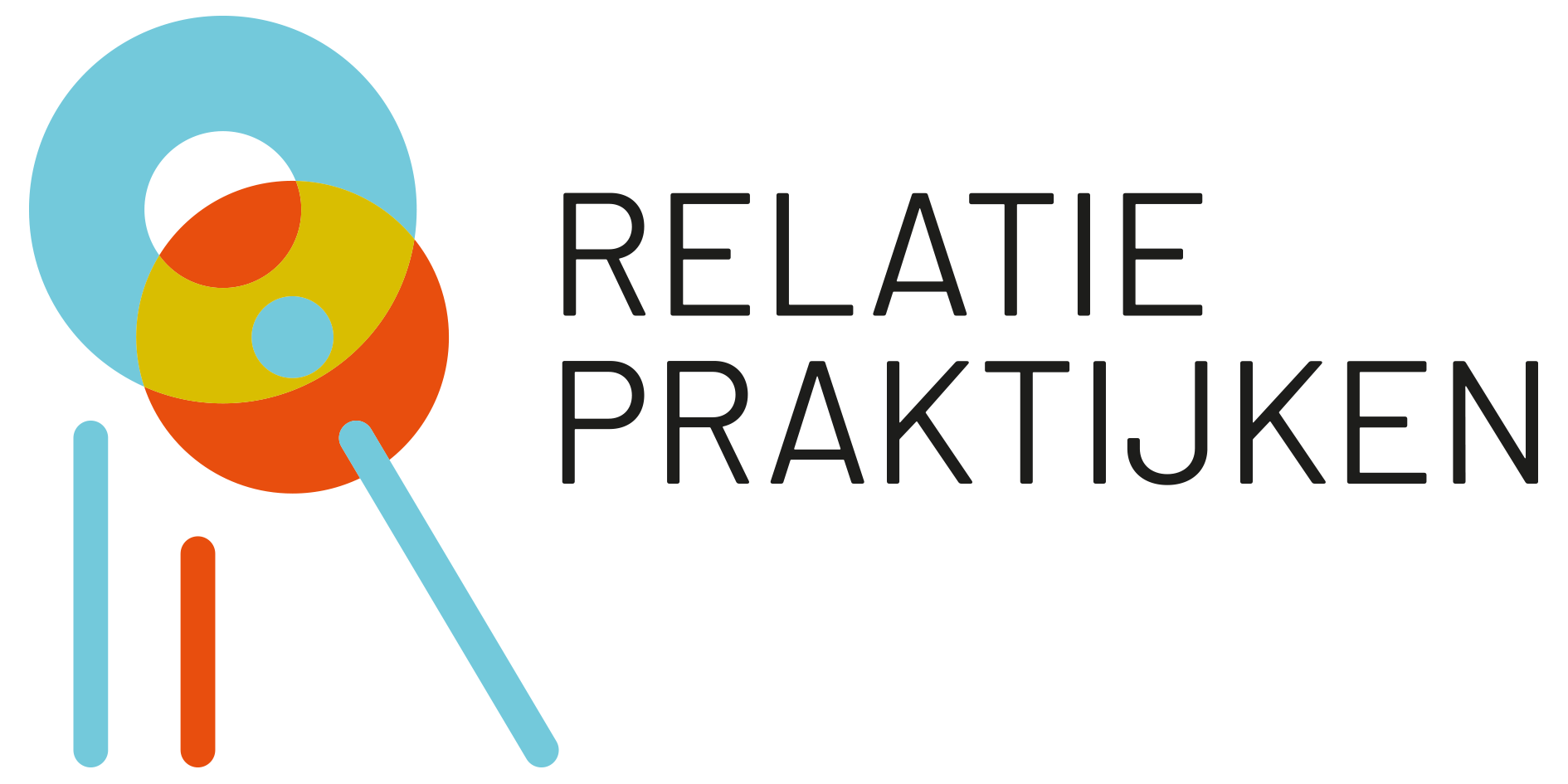relationship Therapy
IN SAFETY WE LEARN TO CONNECT
Do you pay little attention to each other? Are emotions rising? Do quarrels go unspoken ? Can’t you work it out anymore? Do you feel lost? Couples therapy gives you the opportunity to restore the connection .
Rate Couples Therapy
- 75 minutes per session
- Unfortunately, the costs for couples therapy are not reimbursed by the health insurer. You can book the first appointment online .
- If there is a psychological disorder and you are referred by your GP, treatment of relationship problems will be (partly) reimbursed.
- If you are unable to attend, please let us know at least 24 hours in advance. In case of a no show, 100 euros will be charged.
WHAT IS EMOTIONALLY FOCUSED THERAPY?
EFT stands for Emotionally Focused Therapy. It is a scientifically proven method based on attachment theory and our human needs in intimate relationships. Unintentionally, we can end up in negative patterns with our partner and that can have a lot of impact. We can get stuck in recurring quarrels, silent war, or, on the contrary, become separated from each other. Through EFT, you learn and change the negative patterns in your relationship. So that you can be connected stronger and more securely.
WHAT can you expect?
EFT is like a journey of discovery where you get to know each other (and often yourself) better. You learn to see what influence you have on each other and what your behavior triggers in your partner. You are learning to understand why you do what you do. Our behavior is driven by emotions. EFT helps to get to that deeper level and learn what you actually need in moments when you are being touched by your partner. You will learn to talk about this together. Because if you can let them know that you are afraid that you are not important, for example, instead of getting angry or withdrawing, then the other person can understand you better and respond better to you. With EFT you will learn to create a solid foundation from which you can move forward together. One of our therapists will guide this process of change at a pace that suits you. Short if possible and long if necessary. EFT couples therapy has three phases: the de-escalation phase, the change phase and the perpetuation phase.
Phase 1: the de-escalation phase
In this phase you learn to see the negative interaction pattern that works out so destructively. You learn to see the impact you have on each other. How your own behavior prompts the other to react and vice versa. These reactions are driven by emotions and in this phase we explore which emotions play in you when you are in that negative pattern together.
Phase 2: the phase of change
During this phase, we will delve deeper into the emotions that drive your behavior in the negative pattern. This is where the key to change lies. By becoming aware of what is bothering you deep inside when you are so touched by the other. And what you actually need at that moment. By learning to share this with each other and to be open to each other, a new pattern can arise. With more connection, security and trust.
Phase 3: the consolidation phase
In this phase you learn to hold on to the progress made. The new, positive interaction pattern can lead to new solutions for old problems. You have come to the point where you are increasingly in control of your relationship and confidence in the strength of your relationship is growing. If you fall back into the old pattern, it will take a step back to phase one and two and you can recover from a difficult moment together much faster.
Testimonials
WHAT CLIENTS TELL
“I can hardly imagine what it was like when we started couples therapy here, it is so different now. We have walked along the abyss… the hope and confidence of the therapist has given us courage to embark on this journey. And now we are on safe ground!”
†In the beginning I was quite skeptical about couples therapy. Was afraid that there would be a lot of accusations and we would hurt each other. Nothing less turned out to be true. The couples therapist gave us the words we needed to feel and express the emotions that lay beneath the surface.”
†We didn’t know anymore. We heard about Relationship Practices through the media. The calmness and presence of the therapist—the feeling of being fully heard by her—helped us slowly reunite. We saw how we ended up in the same pattern over and over when the going got tough.”
